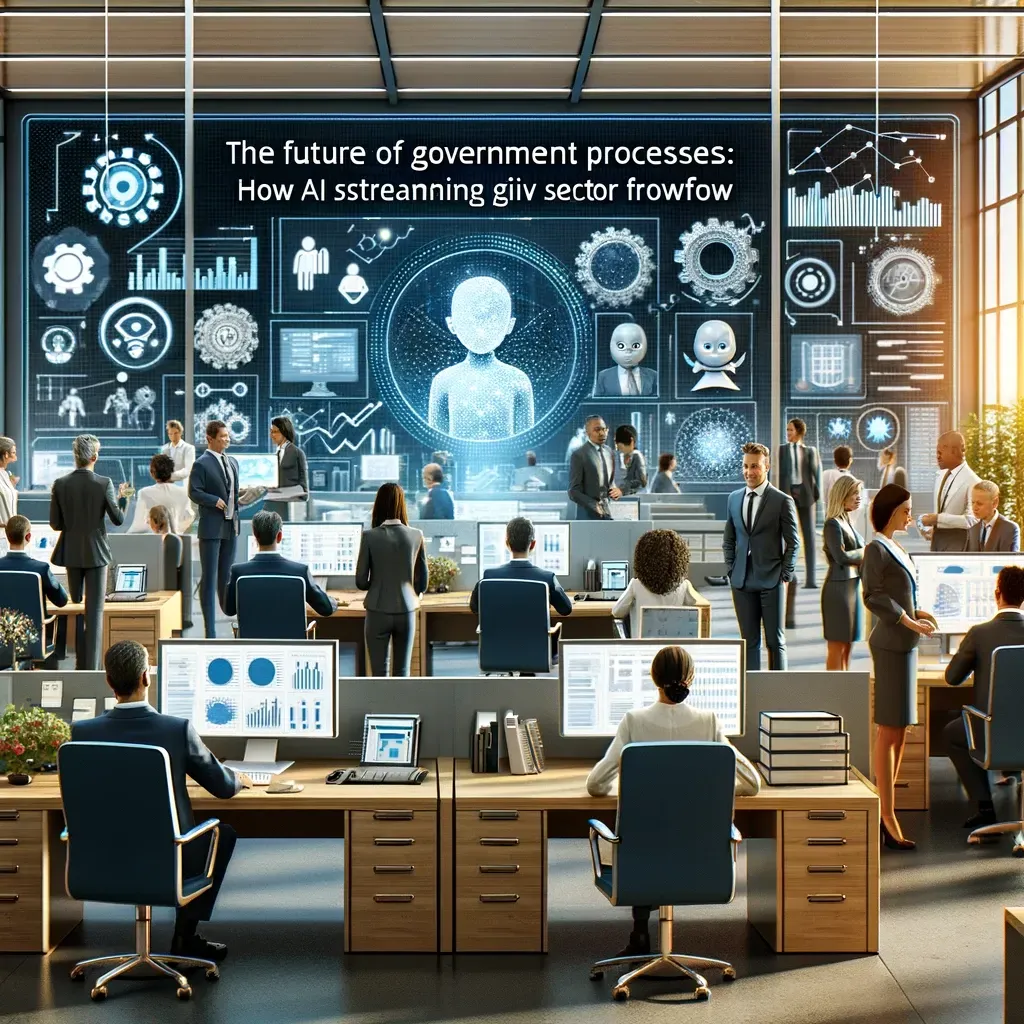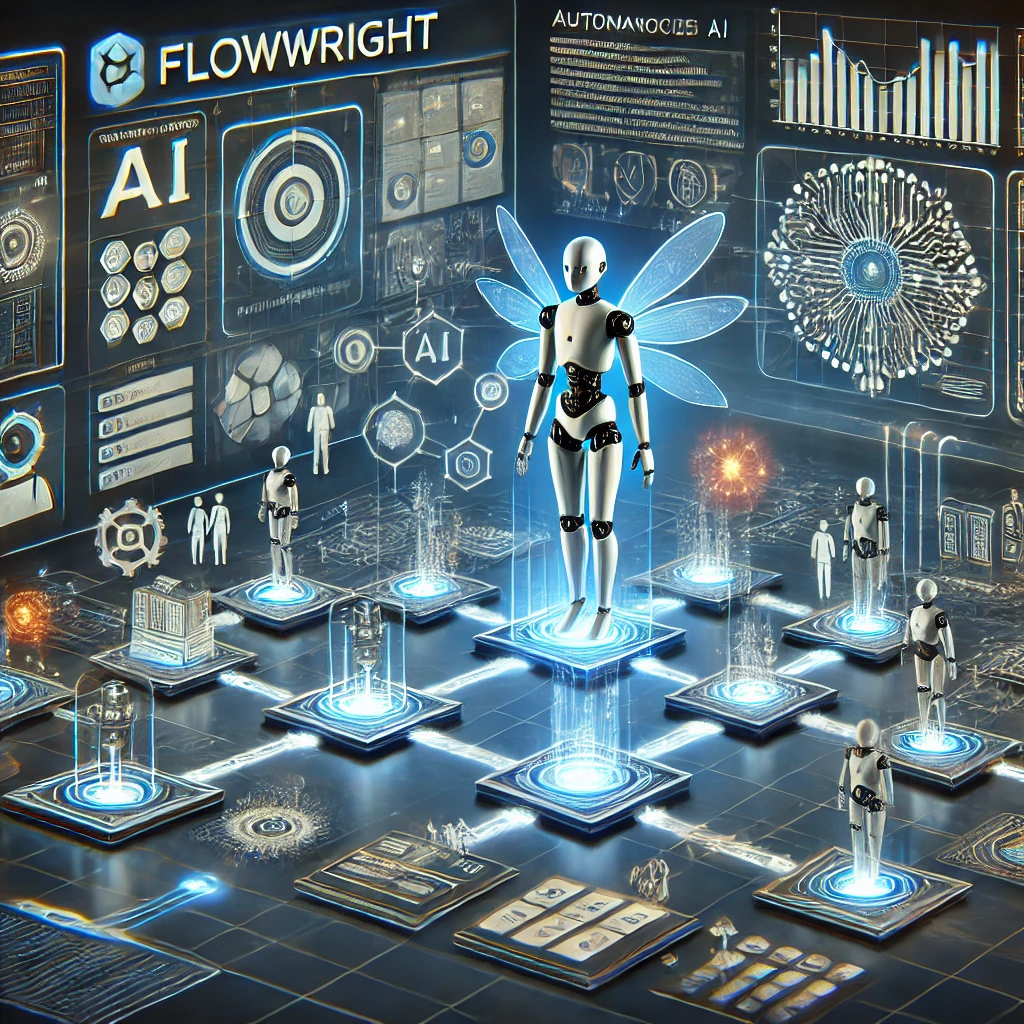The integration of Artificial Intelligence (AI) into government processes is a trend that's reshaping the public sector significantly. This blog explores how AI is enhancing the efficiency and effectiveness of government workflows, addressing challenges, and paving the way for a more responsive and agile public sector.
AI in the Public Sector: A Paradigm Shift
AI's introduction into government processes marks a significant shift from traditional, often bureaucratic, systems. It offers a new way to handle vast amounts of data, streamline workflows, and improve public services.
Key Areas of AI Integration in Government
- Automated Administrative Processes: AI systems are being used to automate routine administrative tasks in government offices, reducing paperwork and processing times.
- Enhanced Public Service Delivery: AI helps in personalizing and improving public services. For example, AI-powered chatbots are providing citizens with quick and efficient responses to their queries.
- Data-Driven Decision Making: With AI, governments can utilize data analytics for informed policy-making. AI tools analyze large datasets to identify trends, predict outcomes, and help in crafting better policies.
- Smart City Initiatives: AI plays a crucial role in smart city projects, from traffic management to energy conservation. These initiatives aim to make cities more efficient and livable.
- Fraud Detection and Compliance: AI enhances the government's ability to detect fraud and ensure compliance in various sectors, particularly in financial and social welfare programs.
Overcoming Challenges
Implementing AI in government processes isn't without its challenges:
- Data Privacy and Security: Ensuring the privacy and security of citizen data processed by AI systems is paramount.
- Integration with Existing Systems: Many government agencies work with legacy systems, making AI integration a significant challenge.
- Building AI Expertise: There's a need to develop AI expertise within the government workforce for effective implementation and management of AI systems.
- Ethical Considerations: Governments need to address ethical concerns related to AI, ensuring fairness and transparency.
The Road Ahead
The future of AI in government processes looks promising. AI is set to become more prevalent in public sector operations, driving efficiency, transparency, and better service delivery. As technology evolves, its applications are expected to become more sophisticated, further transforming government workflows.
AI is redefining how government processes work, making them more efficient and citizen-centric. By embracing AI, the public sector can address the growing expectations of citizens and tackle the challenges of modern governance effectively. The future of government processes with AI is not just about technology; it's about creating a more responsive and efficient government that meets the needs of its citizens.
By implementing a workflow automation lifecycle, businesses that want to stay competitive, can. Get excited to streamline operations, reduce errors, and enhance customer satisfaction levels. Book a demo today to learn how you can take advantage of workflow automation.
See of FlowWright IDP in action. Let's customize your free proof of concept (POC).
Why FlowWright?
Platform
All Rights Reserved | Innovative Process Solutions, Inc. | Privacy Policy







